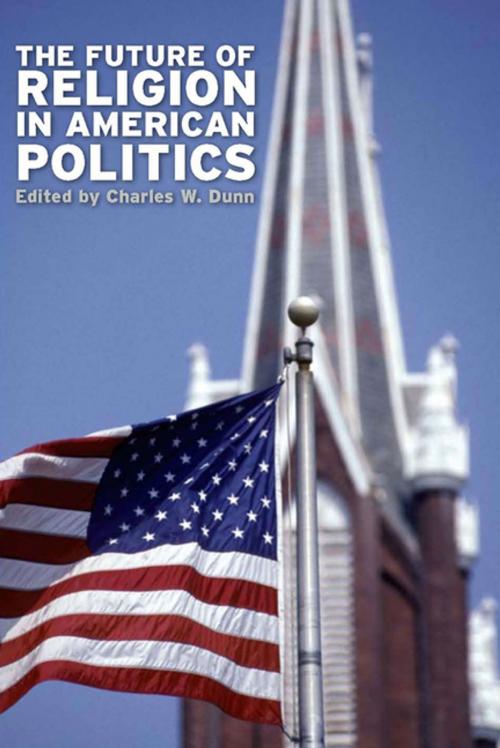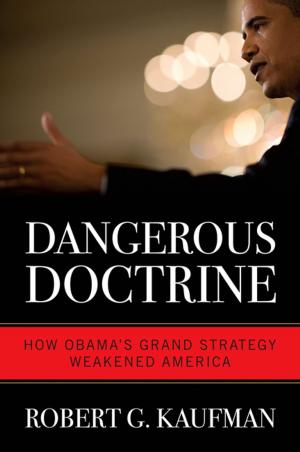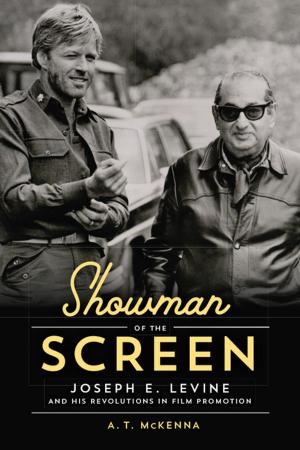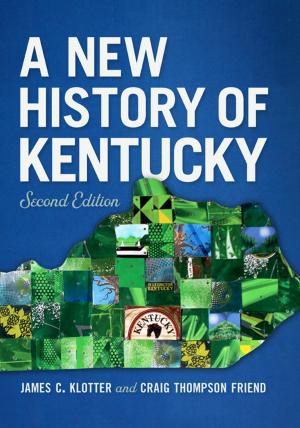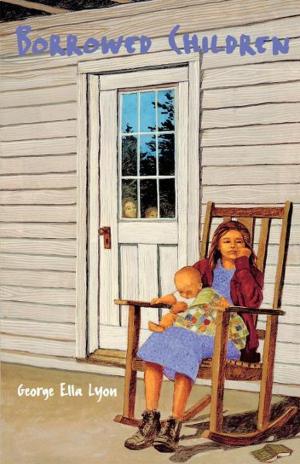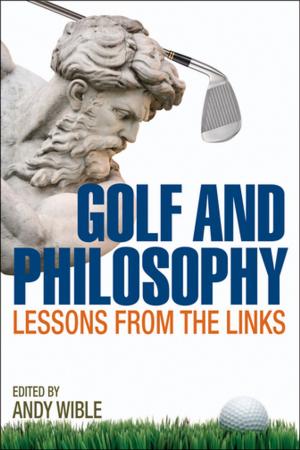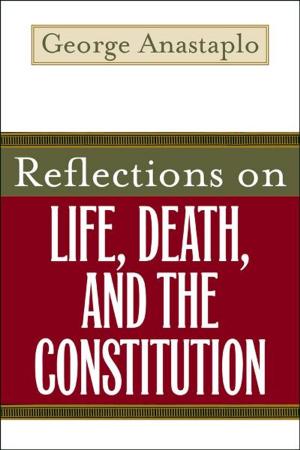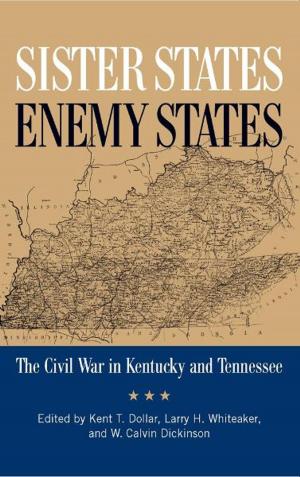The Future of Religion in American Politics
Nonfiction, Religion & Spirituality, Christianity, Church, Church & State, Social & Cultural Studies, Political Science, Government| Author: | ISBN: | 9780813138909 | |
| Publisher: | The University Press of Kentucky | Publication: | July 1, 2010 |
| Imprint: | The University Press of Kentucky | Language: | English |
| Author: | |
| ISBN: | 9780813138909 |
| Publisher: | The University Press of Kentucky |
| Publication: | July 1, 2010 |
| Imprint: | The University Press of Kentucky |
| Language: | English |
Should parents receive vouchers to send their children to religious schools? What limits -- if any -- should the government place on abortion? Should the government permit and fund stem cell research? Should religious organizations have the right to prohibit the employment of homosexuals? Should public schools teach both creationism and evolution? How does religion influence our political stances on gay marriage? The death penalty? Immigration? The issues are real. The emotions are intense. The solutions are difficult to reach and often problematic. From the White House to the courthouse, from governors' mansions to the United States Supreme Court, religion factors into many contemporary legal controversies. Efforts to establish the proper balance between church and state create heated debates in America and raise seemingly insoluble questions. Politicians and their advisers walk a fine line when addressing religious issues in an increasingly pluralistic society where religious factions attempt to impose their values on the electoral and legislative processes. The Future of Religion in American Politics presents thoughtful, wide-ranging essays by twelve eminent public intellectuals and scholars, offering rich and stimulating views on one of the most divisive issues of our time. Editor Charles W. Dunn and the contributors assess the impact of religion on American politics in four distinct time periods: the founding, the Civil War, the New Deal era, and the modern era. Dunn out lines seven propositions that characterize the interaction of religion and politics during these time periods and describes how and why religion continues to influence politics in America. Contributors to this volume argue that whereas religion in the founding era held society together in a shared belief of the biblical portrayal of humanity, today's pluralistic religious interpretations of God appear to be tearing society apart. The rise of Islam and other world religions poses perplexing questions about the issue of tolerance. Can America survive as a free society without commonly accepted morals that are based in religion? Is America a secular society with a clear separation of church and state, or a government created and informed by ever-changing religious values? The Future of Religion in American Politics includes essays about religion in the public square, evangelical, and faith-based politics in presidential elections. The authors investigate many thought--provoking questions about the extent of religious influence in the U.S. government today and its likely impact in the future. Lucid and accessible, this book covers a wide range of issues and will be invaluable to students of politics, religious studies, and history.
Should parents receive vouchers to send their children to religious schools? What limits -- if any -- should the government place on abortion? Should the government permit and fund stem cell research? Should religious organizations have the right to prohibit the employment of homosexuals? Should public schools teach both creationism and evolution? How does religion influence our political stances on gay marriage? The death penalty? Immigration? The issues are real. The emotions are intense. The solutions are difficult to reach and often problematic. From the White House to the courthouse, from governors' mansions to the United States Supreme Court, religion factors into many contemporary legal controversies. Efforts to establish the proper balance between church and state create heated debates in America and raise seemingly insoluble questions. Politicians and their advisers walk a fine line when addressing religious issues in an increasingly pluralistic society where religious factions attempt to impose their values on the electoral and legislative processes. The Future of Religion in American Politics presents thoughtful, wide-ranging essays by twelve eminent public intellectuals and scholars, offering rich and stimulating views on one of the most divisive issues of our time. Editor Charles W. Dunn and the contributors assess the impact of religion on American politics in four distinct time periods: the founding, the Civil War, the New Deal era, and the modern era. Dunn out lines seven propositions that characterize the interaction of religion and politics during these time periods and describes how and why religion continues to influence politics in America. Contributors to this volume argue that whereas religion in the founding era held society together in a shared belief of the biblical portrayal of humanity, today's pluralistic religious interpretations of God appear to be tearing society apart. The rise of Islam and other world religions poses perplexing questions about the issue of tolerance. Can America survive as a free society without commonly accepted morals that are based in religion? Is America a secular society with a clear separation of church and state, or a government created and informed by ever-changing religious values? The Future of Religion in American Politics includes essays about religion in the public square, evangelical, and faith-based politics in presidential elections. The authors investigate many thought--provoking questions about the extent of religious influence in the U.S. government today and its likely impact in the future. Lucid and accessible, this book covers a wide range of issues and will be invaluable to students of politics, religious studies, and history.
